Doctoral promotion. The Road to Law
- Energy companies tempt with more money, but it is the university that stimulates my professional development. It also gives me an opportunity to cooperate with many outstanding researchers. It is simply a pure research passion - says Marcin Drewek, one of the recently promoted PhD students.
Dr Drewek was close to being seen by students on the stage of a theatre or on a TV screen rather than at the Faculty of Law and Administration of the Nicolaus Copernicus University in Toruń. The young academic tried to be admitted to a theatre school and dropped out in the final stage of recruitment. He explains that most would-be actors choose Polish philology or law as a substitute, so he also followed that path. He adds that acting skills in the American legal system are often as important as factual knowledge, although they can be useful in Poland, too.
Let me quote the late Prof. Marian Filar, who often told an anecdote that he applied to both the University of Silesia and the Nicolaus Copernicus University. The University of Silesia did not accept him, while the Nicolaus Copernicus University did, and - as he said - who made a mistake, I still do not know," recalls Dr. Drewek. - It was similar in my case, but in the end, I would not exchange law for acting.
The researcher says that when he chose his field of study, he did not know what law was really about. But he liked it so much, among other things thanks to interesting lecturers he encountered during his studies, that his theatrical dreams have faded away, although they have never died, and led dr Drewek to the Student Theatre "Perpetuum Mobile".
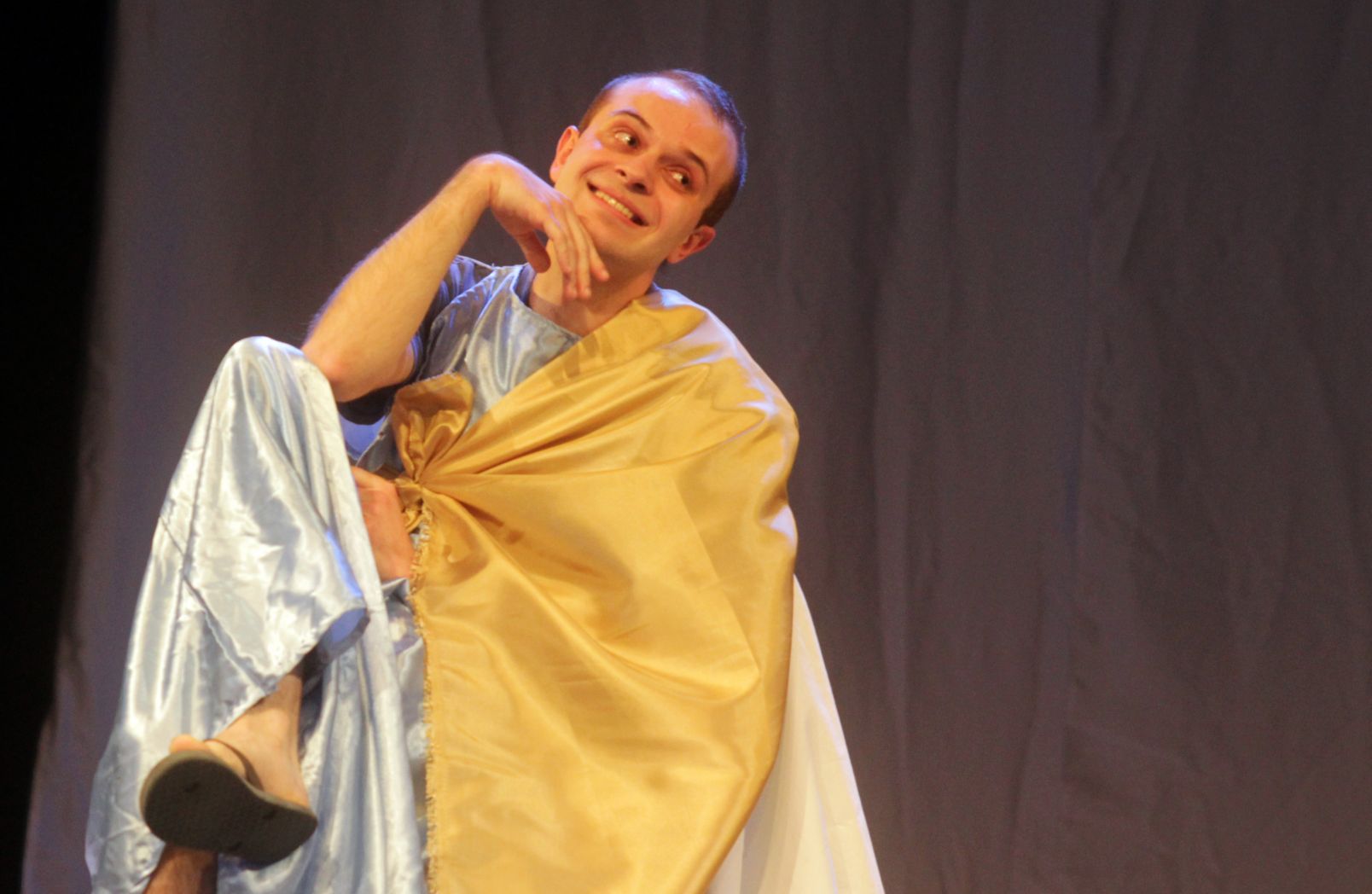
Andrzej Romański
Initially, he saw himself as a practitioner, but later changed his plans. - My supervisor Prof. dr habil. Mirosław Bączyk, with whom I have had the pleasure to cooperate so far, has taken great care of me and helped me a lot in terms of the subject matter and also instilled in me a passion for legal theory, says dr Drewek. - That is why I chose a slightly more difficult and challenging topic for my master's thesis, concerning the salvatory clauses in Polish law. This is an American construction transposed to the Polish legal system. To put it simply, the idea is that if some provisions of a contract are invalid, this does not render the other provisions of the contract void.
What's law got to do with wind?
The ambition paid off, as the author was awarded first place in the Prof. Jan Białocerkiewicz Competition for the best master's thesis written at the Faculty of Law and Administration of the Nicolaus Copernicus University, which paved the way for his future employment at the Toruń university. Prof. Bączyk proposed to then-mgr Drewek that in his doctoral thesis he should look into the pioneering Supreme Court ruling of 2012 concerning wind power plants.
I must admit that at first the topic did not seem particularly interesting to me, but with time I got involved in it, and soon it turned out that renewable energy and all aspects related to it have become a hot field,' says the lawyer. - Again, thanks to the help of my supervisor, the choice turned out to be a bull's eye and I started collecting materials for my doctoral thesis "Land lease agreement for a wind energy investment".
Although in Poland windmills are springing up like mushrooms, so far there have been no strict regulations on this issue. The Supreme Court indicated that provisions on property lease should be applied to lease agreements, but Prof. Bączyk encouraged the researcher to conduct a comparative legal research on the subject. - I searched Polish, American, German and Chinese law, explains Drewek. - In the Chinese system it turned out that if there is a decision of the authorities on the construction of a wind power plant, it becomes the basis for the execution of the investment and the agreement is of secondary importance. The Americans and Germans, on the other hand, have very similar legal constructions. If contracts from their legal systems were to be translated into ours, we would not be dealing with a typical lease agreement, but with a combination of lease and leasing. This is primarily due to the different way in which the construction of a beneficial interest is regulated.
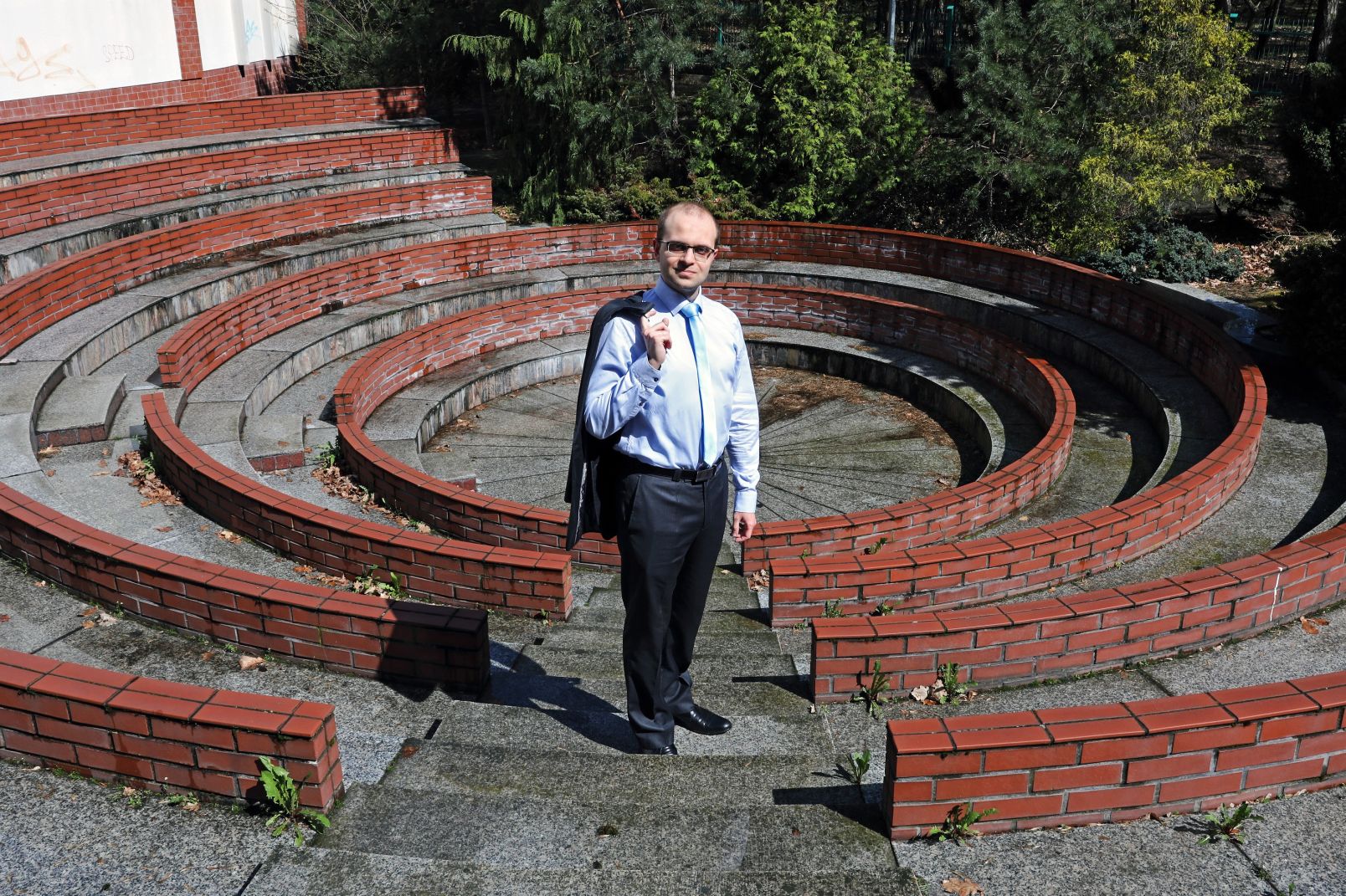
Andrzej Romański
In the Polish legal system, onshore wind farms are governed by various agreements, including tenancy, rental and leasing. In the case of tenancy, you receive an asset and may use it but you may not collect any profit from it; in the case of leasing, you may both use the asset and collect profits from it. That is why we have, for example, the rental of a flat, but the lease of agricultural property. In some simplification, in American law everything can be considered a benefit, even magnetic radiation, but in the Polish law, a natural benefit is only something that is a fruit or an element of a thing and has a material character. Therefore, a problem has arisen in the judicature as to whether or not someone who uses the wind or sun to produce renewable energy gains a benefit. Under Polish law, wind is not a benefit. The Supreme Court held that in this view we should apply tenancy agreements, but at the same time it pointed out that we are dealing with a situation so similar to collecting profits that the provisions on lease should apply accordingly (i.e. with modifications).
On contracts …
We could stop there, but when examining these legal constructions, it is necessary to look at how tenancy differs from leasing, explains Dr Drewek. - Slightly differently than in the case of tenancy, in the case of leasing, there is a very strong protection of the lessor, in the sense that the lessor only gives the thing and does not have to worry about the rest. Therefore, the respective rights of the parties look somewhat different than in the case of a tenancy. Contracts occurring in Poland were modelled on American solutions, which are similar to our contract regulation. Therefore, in the case of agreements on the property lease in the scope of wind power plant investments, we have such a combination: object - lease agreement, rights and obligations - leasing agreement.
The Supreme Court did not analyse this, but after my research it would indeed be reasonable to assume that we are dealing with a modification of two contracts: lease and tenancy. And this is the construction I proposed in my PhD thesis.
The way American agreements are implemented (i.e. transferred) in Poland should look like this: Polish and American lawyers meet, discuss and work out common solutions. And large law firms do that. Unfortunately, the majority of entrepreneurs who previously built wind power plants in Poland hired a certified English translator who did an excellent job of translating the American agreement into Polish, but unfortunately ignored the differences in legal systems (after all, how was he/she supposed to know about the differences e.g. in the definition of benefit/profit?). - That is why the topic turned out to be so interesting, and in addition, it can also be appropriately applied to other branches of renewable energy, which is what I am currently dealing with. It is worth mentioning that my current research has been supported not only by the comments of my supervisor, but also of the reviewers: Prof. dr habil Przemysław Drapała and Prof. dr habil. Konrad Osajda.
As a result of his research included in the doctoral thesis, dr Drewek took second place (ex aequo with dr Jarosław Kola from the Adam Mickiewicz University) in the prestigious Competition "Review of Economic Legislation" for the best doctoral thesis in the 2020/2021 edition.
The passion for contract law has not left the researcher. Contract law and property law are his main areas of research. Another area of his interest is renewable energy law and energy law. - Thanks to the courtesy and assistance of the faculty authorities I have managed to create a new course concerning the renewable energy law, one of the first in Poland and the first at the Nicolaus Copernicus University - says Drewek. - Apart from that, I analyse issues related to banking, as it is also connected with contracts. If I were to rank my current research interests, it would look like this: contracts, energy, investments.
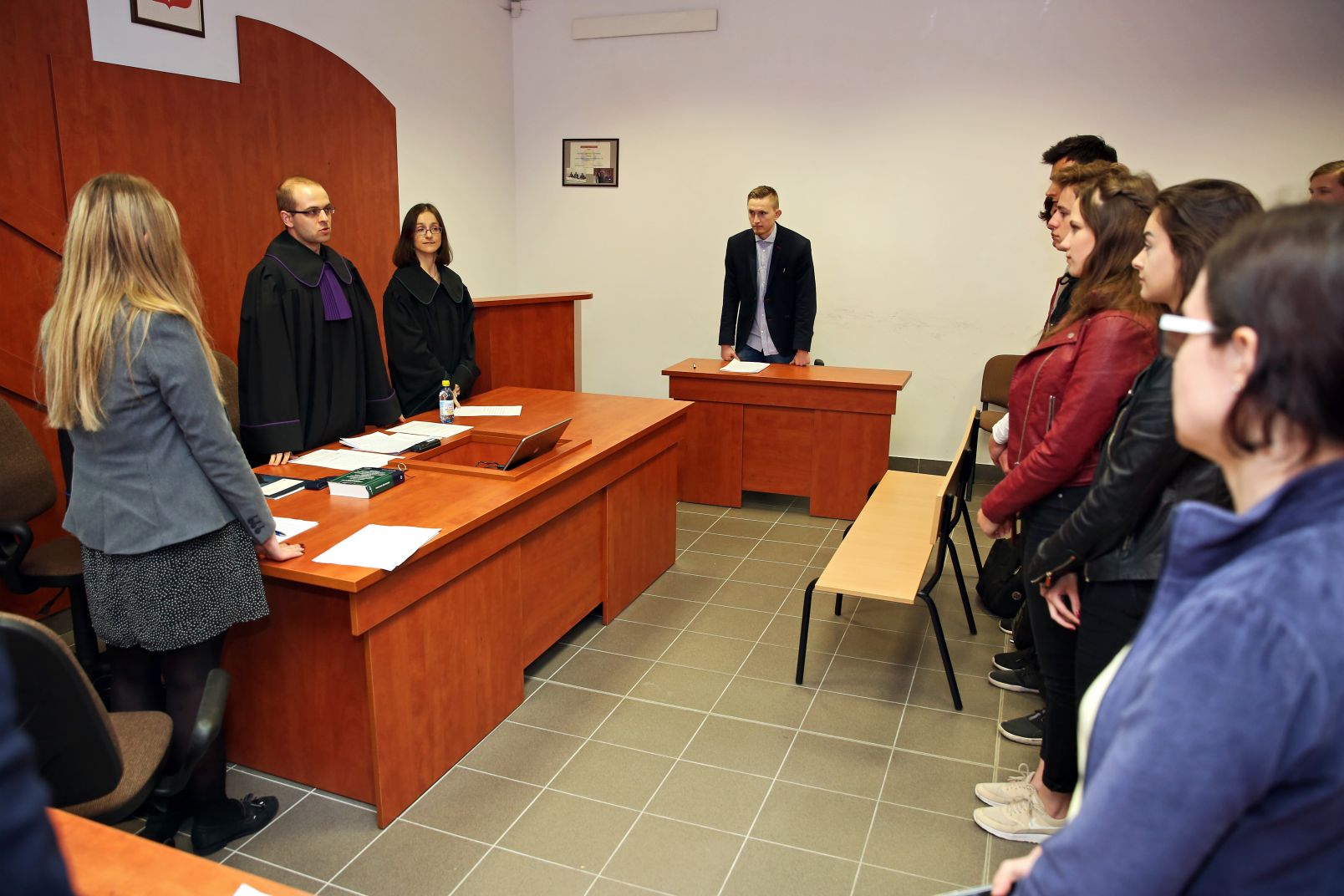
Andrzej Romański
Habilitation under power
Dr Drewek definitely sees his future more in theory and science than in practice. Renewable energy is a hot topic at the moment and he wants to make the most of this by winning grants and organising scientific conferences. - Together with the on/off Energy Law Student Scientific Circle, we are establishing cooperation with entrepreneurs who want to invest in new fields, says the lawyer. - This is all developing and hopefully the legislature will see the need for the law we have to go beyond public regulation and deal with contractual ones as well. I am also slowly thinking about a habilitation thesis on the international sale of renewable electricity, namely contracts Power Purchase Agreement for Renewable Energy.
In his spare time dr Drewek helps a medical company dealing with bedridden patients, who do not have to lie in hospital because there is no threat to their health and life, but are confined to their beds. - Most of these people have no money, but many treatments can be financed by the National Health Fund, but you need to know how to do it and prepare the right documents,' explains the lawyer. - There are many people in need, and it is extremely difficult to find a doctor or nursing staff who will travel to the sick, especially during the Covid-19 pandemic. There are ideas to attract medics from Ukraine and I am also investigating what this looks like under the current state of the law. I think the essence of the law is also at least partly pro bono. After all, there is more joy in giving than in taking,' emphasises the lawyer.
 NCU News
NCU News







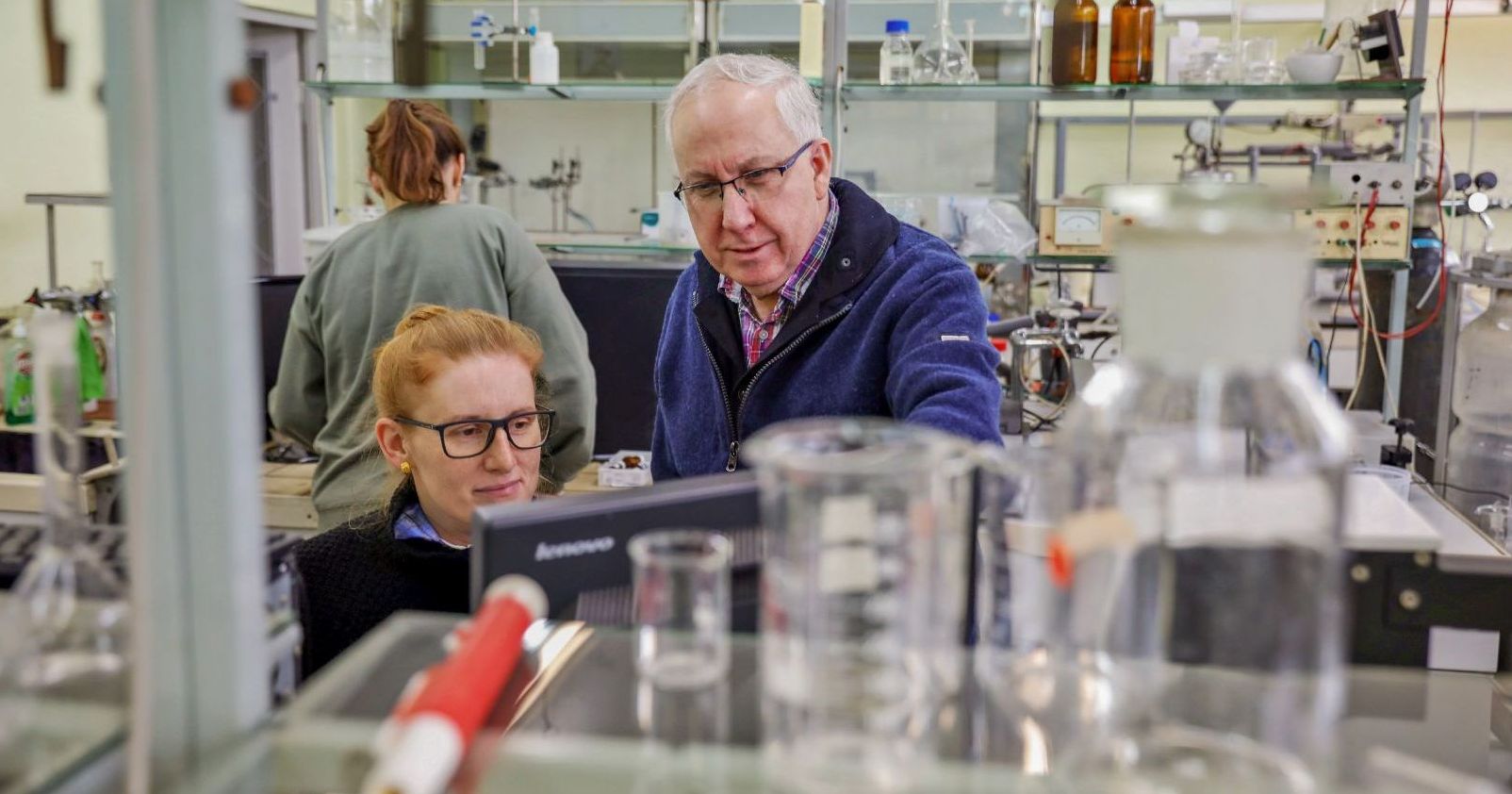 Exact sciences
Exact sciences

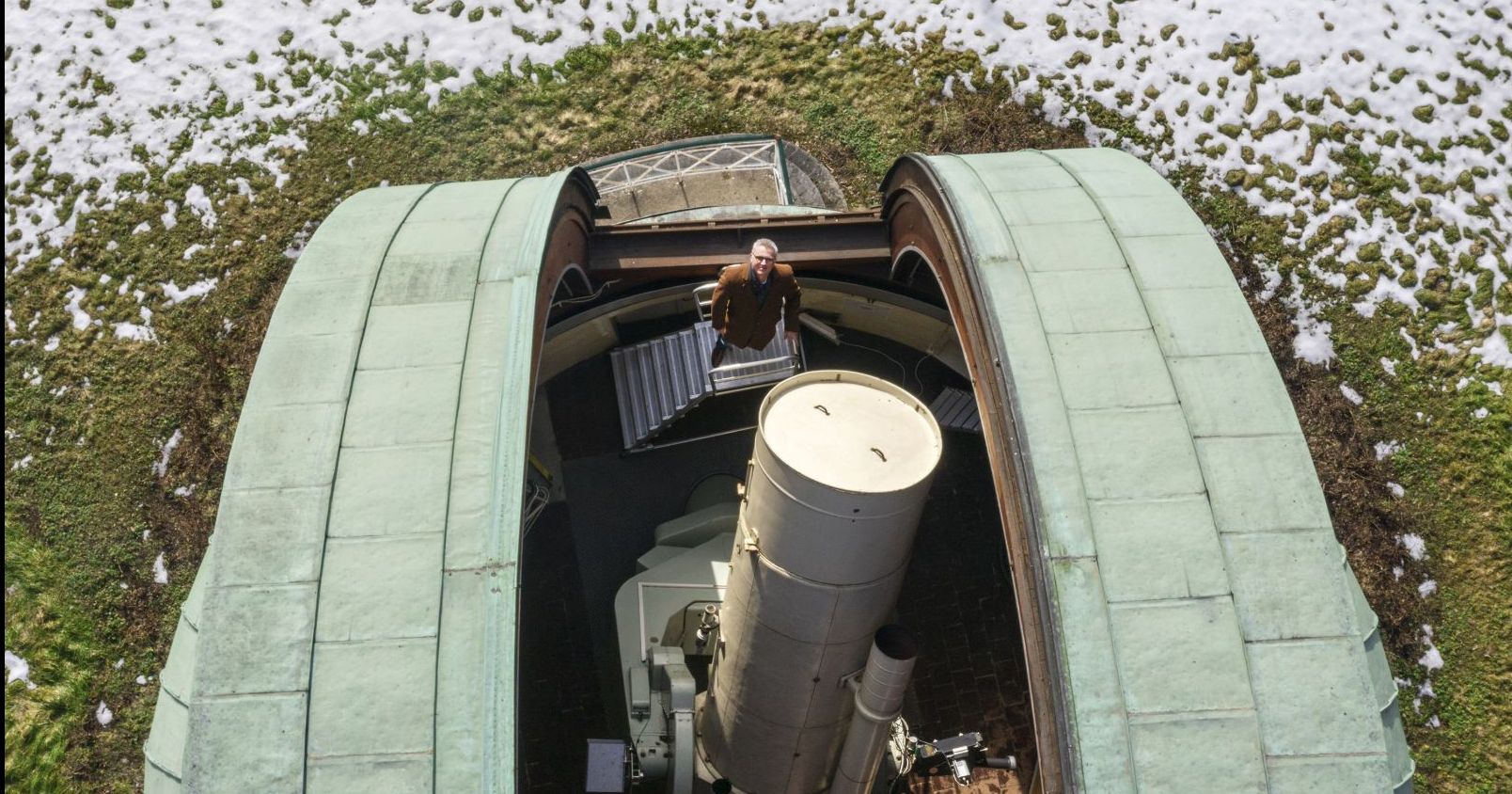 Exact sciences
Exact sciences